On Wednesday, April 17, the Bangladesh Prime Minister Sheikh Hasina, honoured the Father of the Nation, Bangabandhu Sheikh Mujibur Rahman, by laying a wreath at his image at Dhanmondi 32, in honour of the historic Mujibnagar Day.
At seven in the morning, she laid the wreath in front of the Bangabandhu Memorial Museum, at the image of the Father of the Nation.
Following the wreath-laying ceremony, the prime minister observed a period of solemn silence to pay tribute to Bangabandhu, the man responsible for Bangladesh's independence.
Later, Sheikh Hasina, the President of the Awami League (AL), put another wreath at Bangabandhu's image as the head of the party, accompanied by prominent party leaders.
Today is Mujibnagar Day, a significant occasion commemorating the establishment of Bangladesh's first government to spearhead the War of Liberation in 1971.
At the Banani Graveyard here, AL leaders and activists also laid wreaths on the graves of Syed Nazrul Islam, Tajuddin Ahmad, and M Mansur Ali.
The ruling Awami League and its affiliate organisations are commemorating the historic Mujibnagar Day with appropriate fervour and significance, with a number of events planned in honour of the day.
National and party flags were flown this morning atop all party offices around the nation, including the central office and the Bangabandhu Bhaban grounds.
The historic Mujibnagar Day commemorates the 17 April 1971 oath-taking ceremony of Bangladesh's first government.
Senior Awami League leaders gathered in Baidyanathtala in Meherpur on April 17, 1971, following the Pakistan army's genocide against unarmed Bangalees on the dark night of March 25, 1971, to create the interim government of independent Bangladesh.
Baidyanathtala, mostly a mango orchard, was subsequently renamed Mujibnagar with the formal establishment of Bangladesh's interim government.
Bangabandhu In the absence of Bangabandhu, Syed Nazrul Islam was named interim president, and Sheikh Mujibur Rahman was proclaimed the first president of the People's Republic of Bangladesh.
The first prime minister to be selected was Tajuddin Ahmed, with AHM Qamaruzzaman and Capt. M. Mansur Ali serving in the government.
Major General Abdur Rob was appointed head of staff, while General MAG Osmani was chosen commander-in-chief of Mukti Bahini by the provisional government.
The War of Liberation was successfully led by the interim administration, and on December 16, 1971, it was declared victorious.
End/v7n/srd/swr/dk/



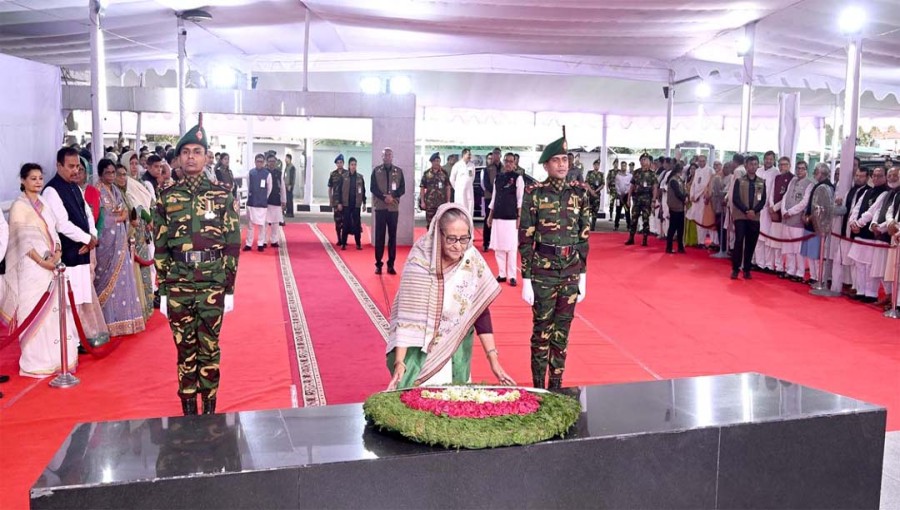

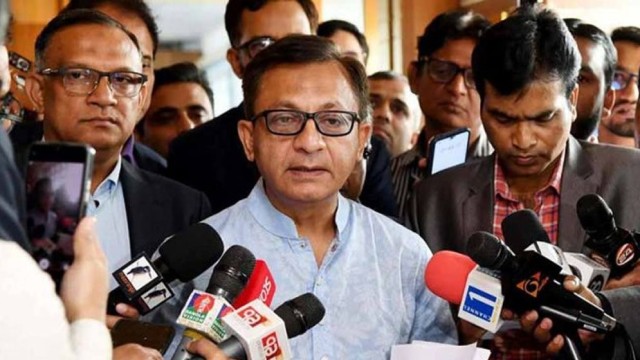
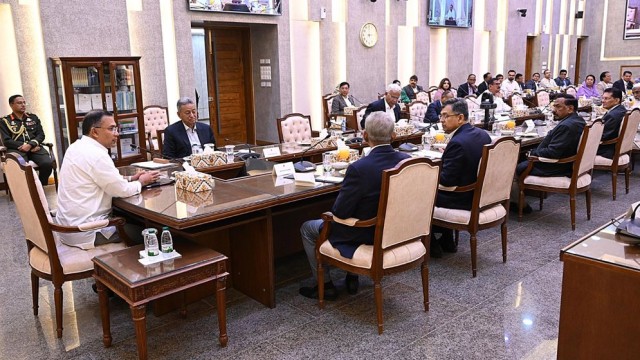


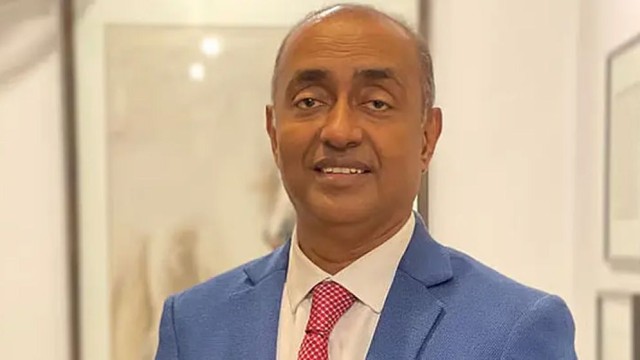
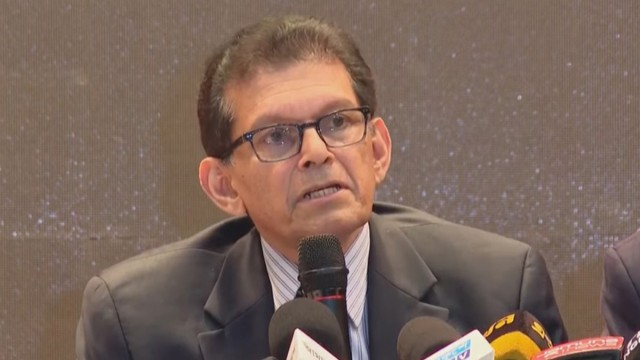
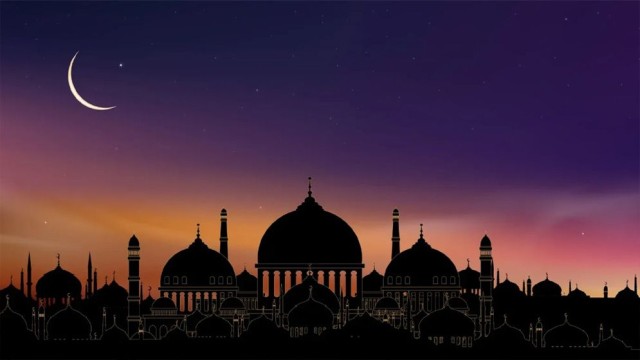
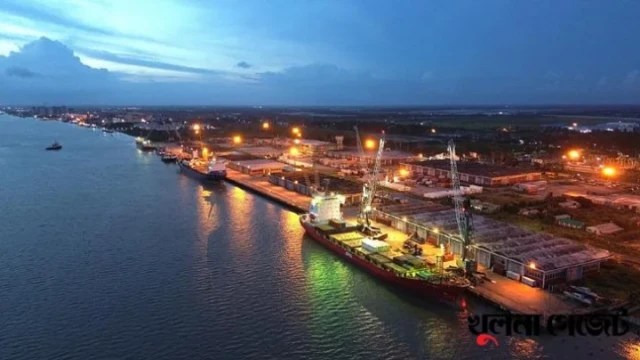
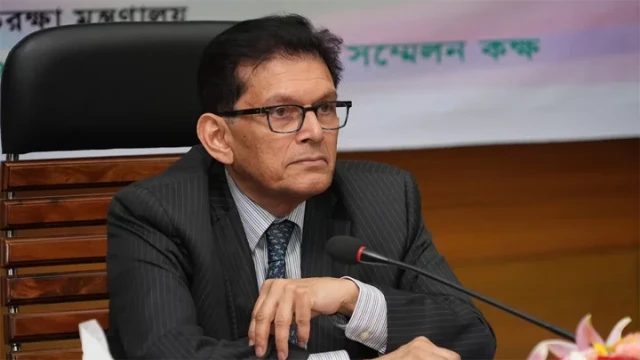











Comment: